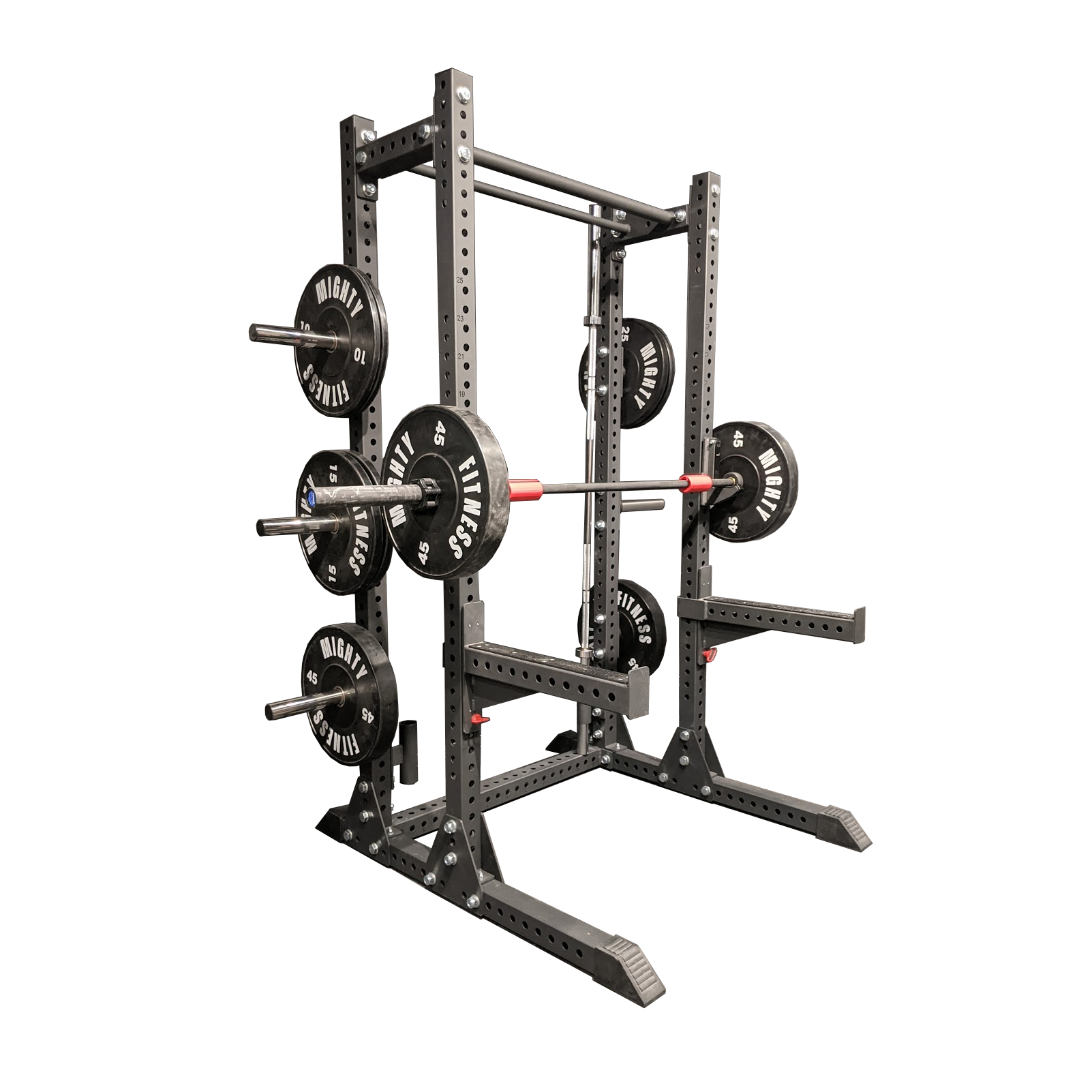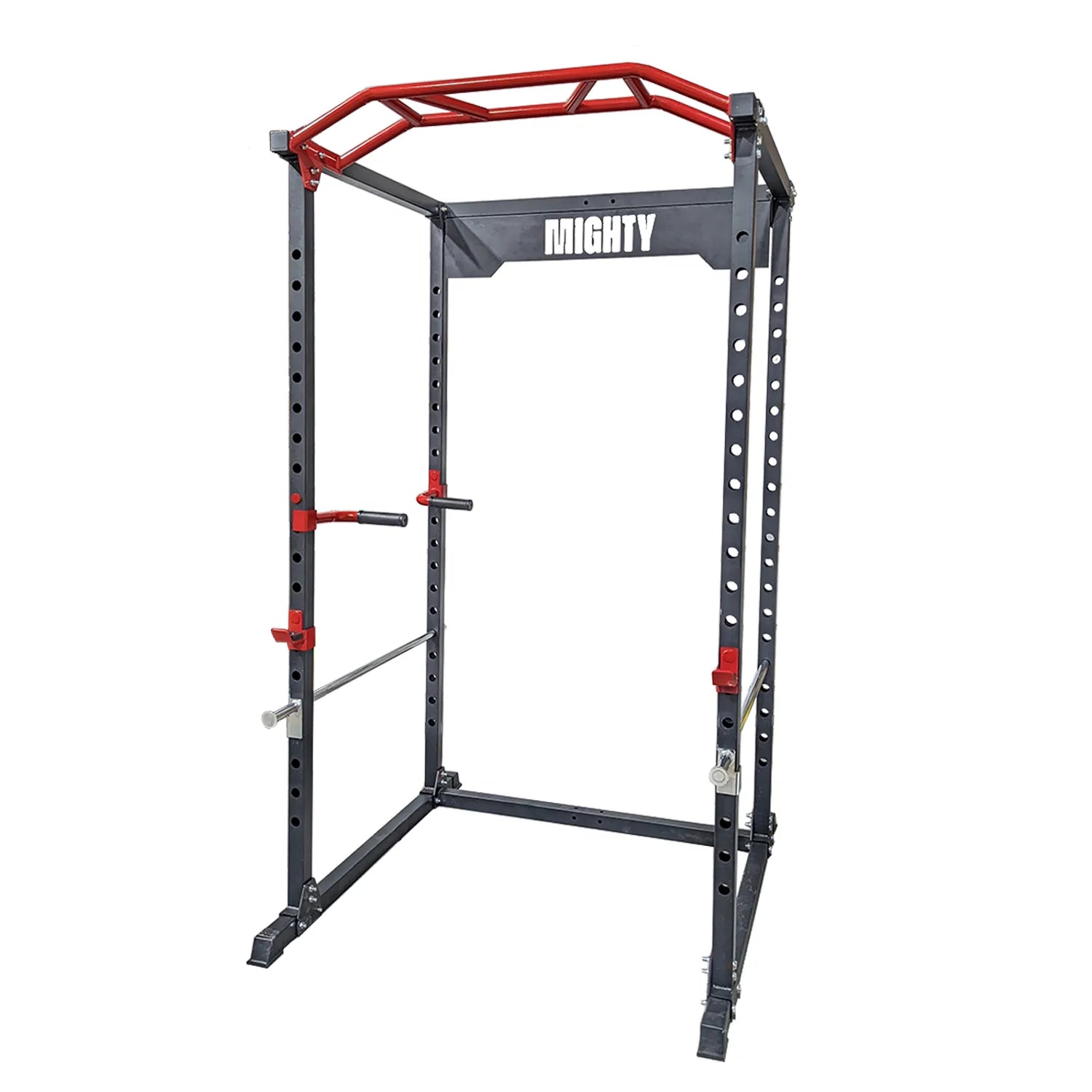The Guide To Finding A Good Bench Press Weight For You
The bench press is your starter pack for muscle development, weight training, and overall strength. To start your fitness journey, the bench press is where you can find it all. It engages our upper body muscles, mainly focused on sculpting the chest strongly with a tough look! But it doesn’t end here. Bench press stabilizes the overall fitness of our upper body, helping us gain impeccable strength. To gain results from a bench press, one must know the good bench press weight that works best for them. To get that, you should get a hold of precise form, have control over movements, and execute the exercises properly.
This blog will cover every aspect of bench press to help you understand your requirements easily.
Make your mind up and begin your fitness journey! Read here: What is the most essential gym equipment?
Why Bench Press Weight Matters
Determining which bench press weight to use while strength training is a crucial and fundamental part of the program. The weight influences one's performance of certain tasks, such as building muscles, increasing strength, or even enhancing endurance.
By selecting a weight that aligns with your fitness level and objectives, you can create a sustainable routine that fosters growth and avoids injury. Balancing the intensity makes each of the workout sessions push your endurance to the next level while rebuilding and stimulating the body for improvement in the long run.
Factors Influencing Bench Press Weight
Understanding the factors that affect bench press weight helps optimize performance and prevent injuries.
- Individual Strength Levels: Start with a manageable weight and increase gradually as strength improves.
- Fitness Goals: For endurance, use moderate weights and higher reps. For muscle growth, focus on heavier weights with fewer reps.
- Body Weight: Your body weight often correlates with lifting capacity.
- Muscle Imbalances: Address imbalances across the chest, shoulders, and triceps for stability and injury prevention.
- Recovery and Fatigue: Allow adequate recovery between sessions to maintain performance.
- Age and Health Conditions: Adjust training intensity based on age or any existing health concerns.
- Warm-Up and Mobility: Prepare your muscles with proper warm-ups to reduce injury risks.
Individual Differences: Not One-Size-Fits-All
A “good” bench press weight is not just an assumed number. It is influenced by several factors to pick up the best weight for you finally. Here is a list of factors that you should consider:
- Age: Young people find it easier to lift heavier weights and gain strength rapidly. At the same time, the older individuals focus more on maintaining the strength they have.
- Gender: In comparison to women, men are gifted with more upper body strength naturally, which gives men more lifting capacity.
- Fitness Level: A good weight for bench press for beginners should be lighter than pro lifters. More experience allows you to handle more weight.
- Body Composition: Muscle mass and body weight are also a huge influence on your lifting potential.
- Training Goals: The perfect weight also depends on your goals, the weight varies for endurance, strength, or hypertrophy accordingly.
The Shift From Beginners to Pros
What is a normal bench press weight? There is no single answer! Bench Press goals usually vary from beginners to professionals; stay consistent and you can see the change as well! Here is our guide according to your level:
For Beginners
- Start with an empty barbell or light weights. Aim for 3 sets of 10-12 reps.
- For progress, work toward benching your body weight for 8-10 reps within the first few months.
It’s okay to not be fully equipped! We have the solution for you. Read this blog here: Cable Arm Workouts: No Dumbbells, No Problem
Intermediate Lifters
- Bench 1.5 times body weight for 6-8 reps.
- Use rep ranges of 6-10 to stimulate muscle growth. Add incline and decline variations.
- Gradually increase weights for consistent progress.
Advanced Lifters
- Aim for 1.5 to 2 times your body weight for 4-6 reps.
- Cycle through high-volume, intensity, and deloading phases to prevent plateaus.
- Incorporate pause reps, eccentric training, and resistance bands.
Tips to Enhance Bench Press Performance
- Perfect Your Form: Keep a stable back, secure grip, and controlled descent.
- Optimize Grip Placement: Experiment with wider or narrower grips to target different muscles.
- Engage Core Muscles: Maintain a tight core for stability and lower back protection.
- Focus on Progressive Overload: Gradually increase weights while maintaining form.
- Mind-Muscle Connection: Visualize the chest, shoulders, and triceps working together.
- Introduce Variations: Use incline, decline, and other bench press variations.
- Controlled Eccentrics: Pay attention to the lowering phase for added strength and safety.
- Use Full Range of Motion: Lower the bar to your chest and fully extend at the top.
- Balanced Training: Include exercises for shoulders, back, and triceps for upper body stability.
Start Your Bench Press Journey With Mighty Fitness
What’s an impressive bench press weight? You know it by now! It all depends. Starting your bench press journey requires a sane and thorough approach to fitness. Prioritize proper form, progression, and a strategy that is made to work with your unique needs. With consistent effort, you’ll build strength and achieve impressive results.
At Mighty Fitness, we have all the home gym equipment you need to start your fitness journey towards perfection. We provide equipment for a versatile range of people. Whether you are a newbie or a gym hunk, Mighty Fitness is your all-in-one stop!



